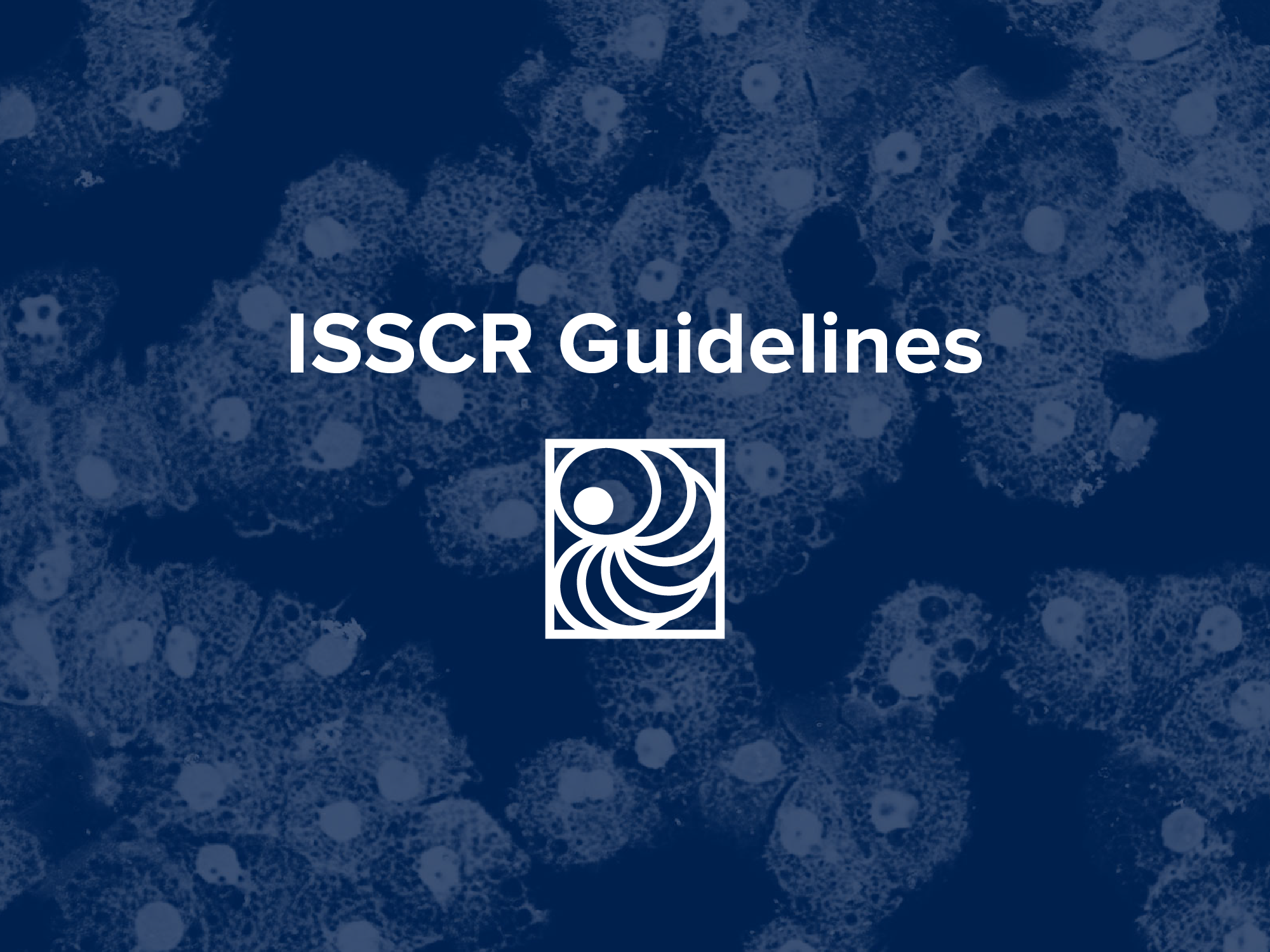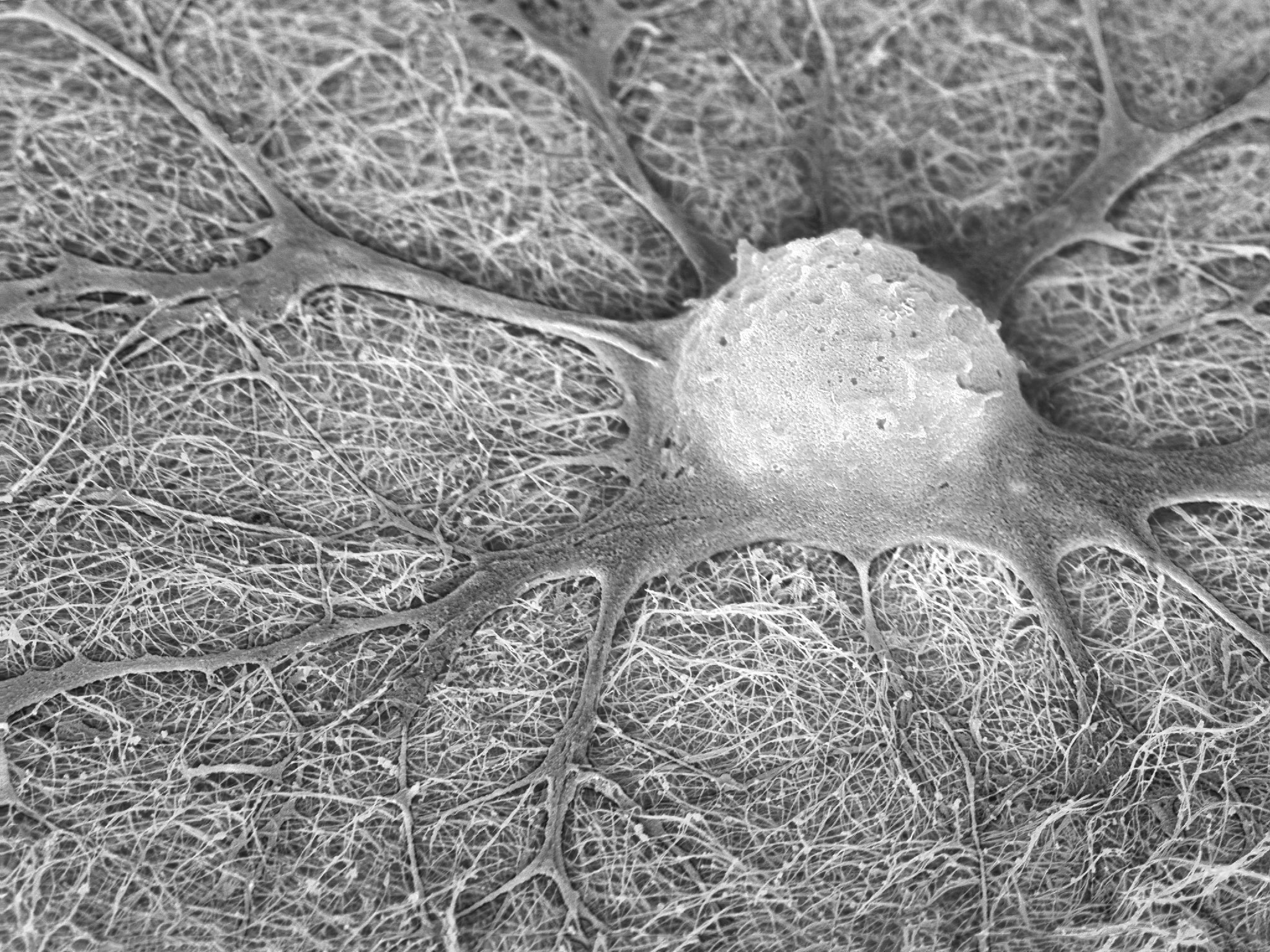ISSCR News

The ISSCR and STEMCELL Technologies Partner to Launch Free, On-Demand Course on Standards for Human Stem Cell Use in Research
The International Society for Stem Cell Research (ISSCR) and STEMCELL Technologies are proud to announce a new partnership to produce a free, on-demand course for researchers seeking to incorporate the ISSCR Standards for Human Stem Cell Use in Research in their work.

The ISSCR Releases Targeted Update to the Guidelines for Stem Cell Research and Clinical Translation
The International Society for Stem Cell Research (ISSCR) released an update of its 2021 Guidelines for Stem Cell Research and Clinical Translation today. The targeted update addresses significant advances in the development and application of human stem cell-based embryo models (SCBEMs) and recommendations for research oversight outlined in a white paper from the ISSCR Embryo Models Working Group published in June.

First Large-Scale Stem Cell Bank Enables Worldwide Studies on Genetic Risk for Alzheimer’s Disease
Alzheimer’s disease (AD) is a common, debilitating neurodegenerative disease affecting about 10 percent of people over the age of 65 and one third of people aged 85 and above. Besides environmental factors, the genes have a strong influence on whether or not a person develops AD during their lifetime. Through genome sequencing of DNA from large groups of healthy people and people with AD, some naturally occurring small changes in the DNA, known as genetic variants, were found to be more frequent in AD patients than in healthy people. As more and more of these AD-associated genetic “risk” variants are discovered, it is now possible to calculate a person’s individual polygenic risk score (PRS), meaning the likelihood of the person to develop AD, with high accuracy. Despite this progress, it is still largely unknown how genetic risk variants, or combinations thereof, cause AD in individual patients and more specifically, how risk variants impact the health and function of brain cells.

Stem Cell Reports Announces Five New Early Career Editors
The ISSCR has selected five distinguished early career scientists to serve as new Early Career Editors for Stem Cell Reports, the peer-reviewed, open access, online journal of the International Society for Stem Cell Research (ISSCR).
During their term, Early Career Editors provide strategic advice, participate in the editorial review process, and receive mentorship from current editors. They join other Early Career Editors currently working with the journal.

Hideyuki Okano Starts New Position as President of the ISSCR
The ISSCR is delighted to announce Hideyuki Okano, MD, PhD, Distinguished Professor and Director of the Keio University Regenerative Medicine Research Center, as well as former Dean of the Keio University School of Medicine in Japan, as its President. His term of office begins today.
“I am deeply honored to serve as the next President of the ISSCR, a Society that has shaped my scientific journey and fostered countless connections across disciplines and borders,” said Prof. Okano. “As stem cell research accelerates from fundamental biology to translational and clinical research, our responsibility is to anchor this progress in the core principles of our field. Just as stem cells are defined by their multipotency and self-renewal, so too must the ISSCR champion inclusive excellence and cultivate the next generation of scientific leaders. Together, we will continue to advance discovery, strengthen ethical leadership, and ensure that the transformative promise of stem cell science benefits the world.”

Receive ISSCR Press Releases
Sign up be a part of ISSCR’s media list. Media Contact: Kym Kilbourne, Director of Media and Strategic Communications
Subscribe to ISSCR News.
Each month, ISSCR delivers scientific, policy, and community to your inbox .
